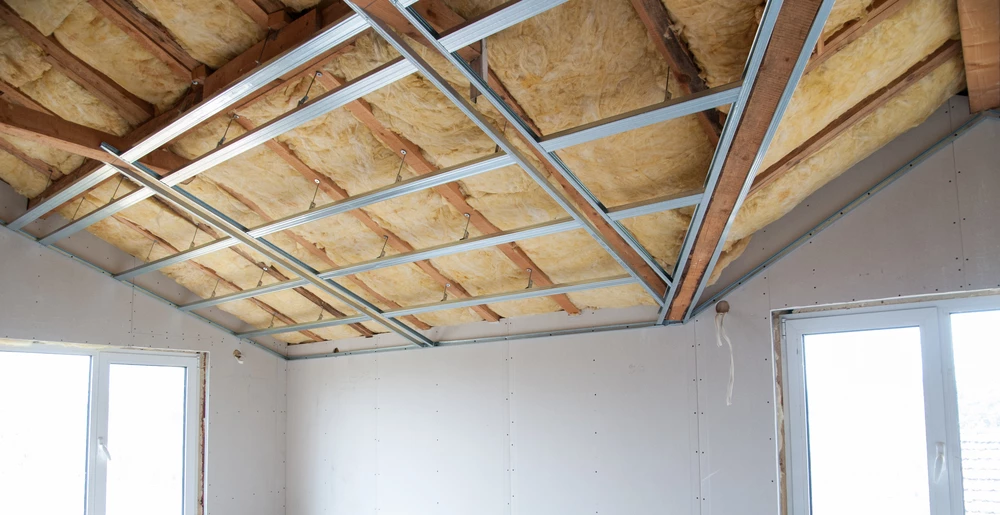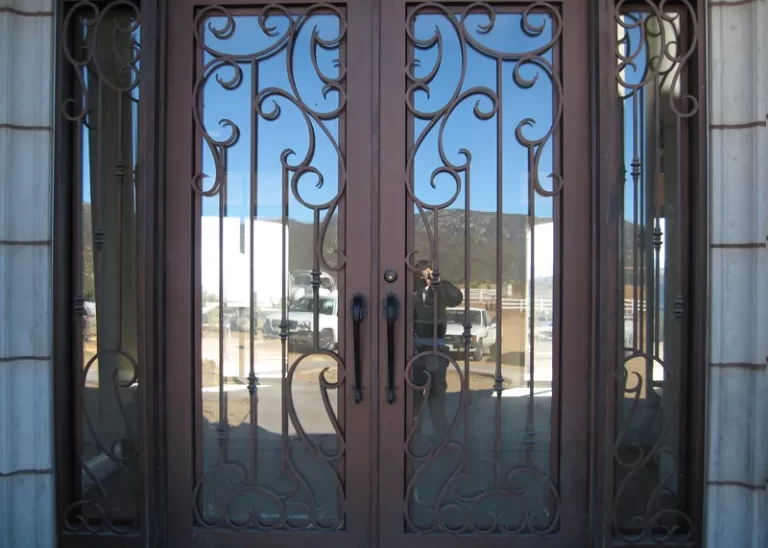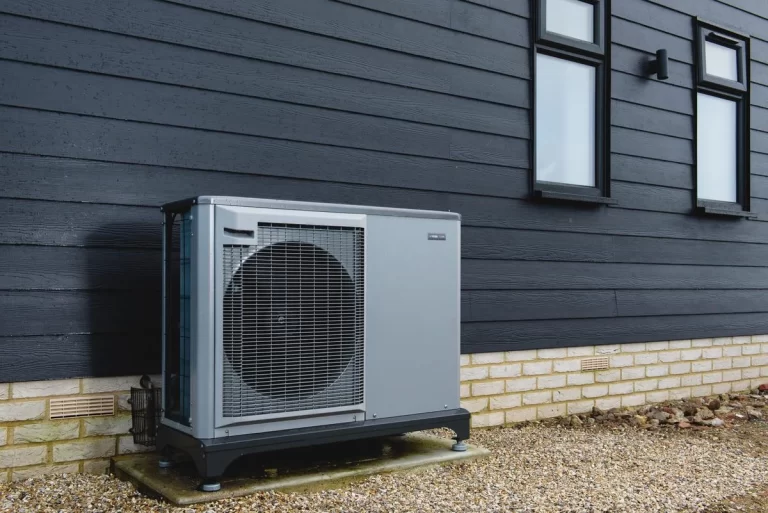Is it Better to Insulate Ceiling or Roof?
Is it better to insulate ceiling or roof? This comprehensive guide provides insights and expert advice to help you make an informed decision. Explore the benefits, differences, and best practices for insulating your home effectively.

Is it Better to Insulate Ceiling or Roof?
Insulating the ceiling and the roof are two distinct approaches to achieving thermal comfort in your home.
The choice between the two depends on several factors, such as climate, budget, and the existing structure of your house. Let’s explore the benefits and considerations of each option to determine which one suits you best.
Insulating the Ceiling
Ceiling insulation refers to the process of installing insulating materials in the space between the ceiling and the roof.
This method effectively creates a barrier that helps prevent heat transfer between the interior and exterior of the house.
Advantages of Ceiling Insulation
Here are some advantages of roof insulation to note:
Cost-Effective Solution: Ceiling insulation is generally more cost-effective than roof insulation. It requires less material and labor, making it a budget-friendly option for homeowners.
Easy Installation: The installation of ceiling insulation is relatively straightforward and can often be done without major disruptions to the household.
Summer Heat Protection: Insulating the ceiling helps keep the interior cooler during hot summer months, reducing the reliance on air conditioning systems.
Accessibility: If you have an attic or crawl space, accessing the ceiling for insulation purposes is easier compared to roof insulation.
Considerations for Ceiling Insulation
Before you begin your ceiling insulation consider these few things:
Limited Temperature Regulation: While ceiling insulation is effective in preventing heat gain during summers, it may not provide as much thermal insulation during colder seasons.
Moisture Concerns: If not installed correctly, ceiling insulation can lead to moisture buildup in the roof cavity, potentially causing mold and mildew issues.
Insulating the Roof
Roof insulation involves placing insulating materials directly under the roof, effectively creating a thermal barrier between the roof and the interior living space.
Advantages of Roof Insulation
Here are some advantages of roof insulation to note:
1. Enhanced Thermal Efficiency: Roof insulation provides superior thermal efficiency by preventing heat transfer through the roof, keeping the interior comfortable throughout the year.
2. Condensation Prevention: Roof insulation helps reduce condensation buildup in the roof cavity, preventing potential moisture-related problems.
3. Suitable for All Climates: Roof insulation is particularly beneficial in colder climates, where maintaining a warm indoor environment is a priority.
4. Long-Term Investment: While the initial cost may be higher, roof insulation is a long-term investment that can lead to substantial energy savings over time.
Considerations for Roof Insulation

Before you begin your roof insulation consider these few things:
Higher Cost: Roof insulation typically involves higher material and installation costs compared to ceiling insulation.
Complex Installation: Installing roof insulation may require professional assistance and can be more disruptive to the household.
Limited Attic Space: If your house lacks an attic or has limited space, roof insulation might not be feasible.
Conclusion
In conclusion, whether to insulate the ceiling or roof depends on your individual circumstances and preferences.
Ceiling insulation is more cost-effective and suitable for milder climates, while roof insulation offers superior thermal efficiency, making it ideal for colder regions.
Combining both types of insulation can provide optimal results in extreme climates. Remember to consult an insulation professional to assess your home’s unique needs and ensure a successful installation.
By making an informed decision and investing in the right insulation, you can create a cozy and energy-efficient home that promotes sustainability and reduces utility expenses.
READ ALSO!!!




